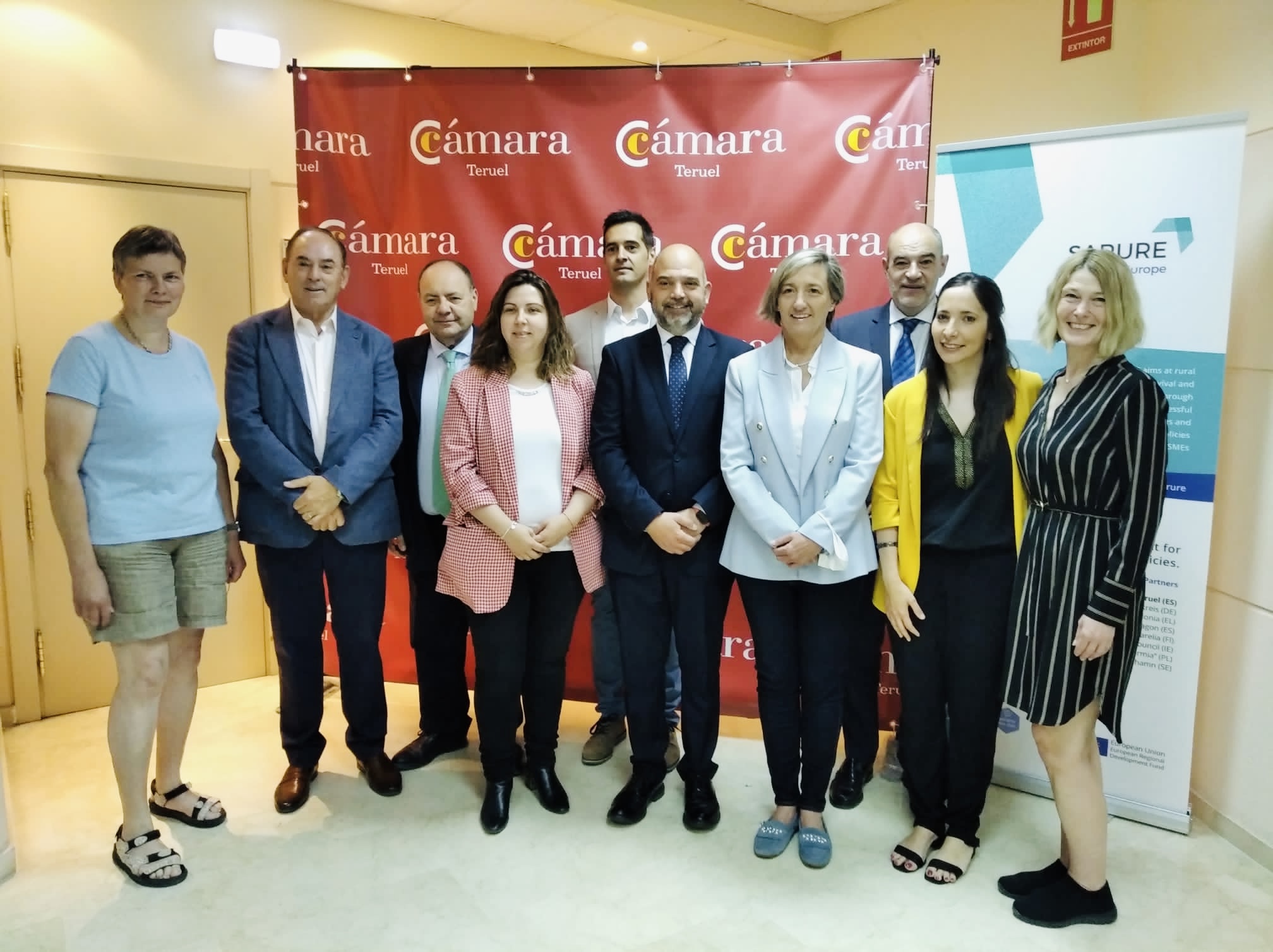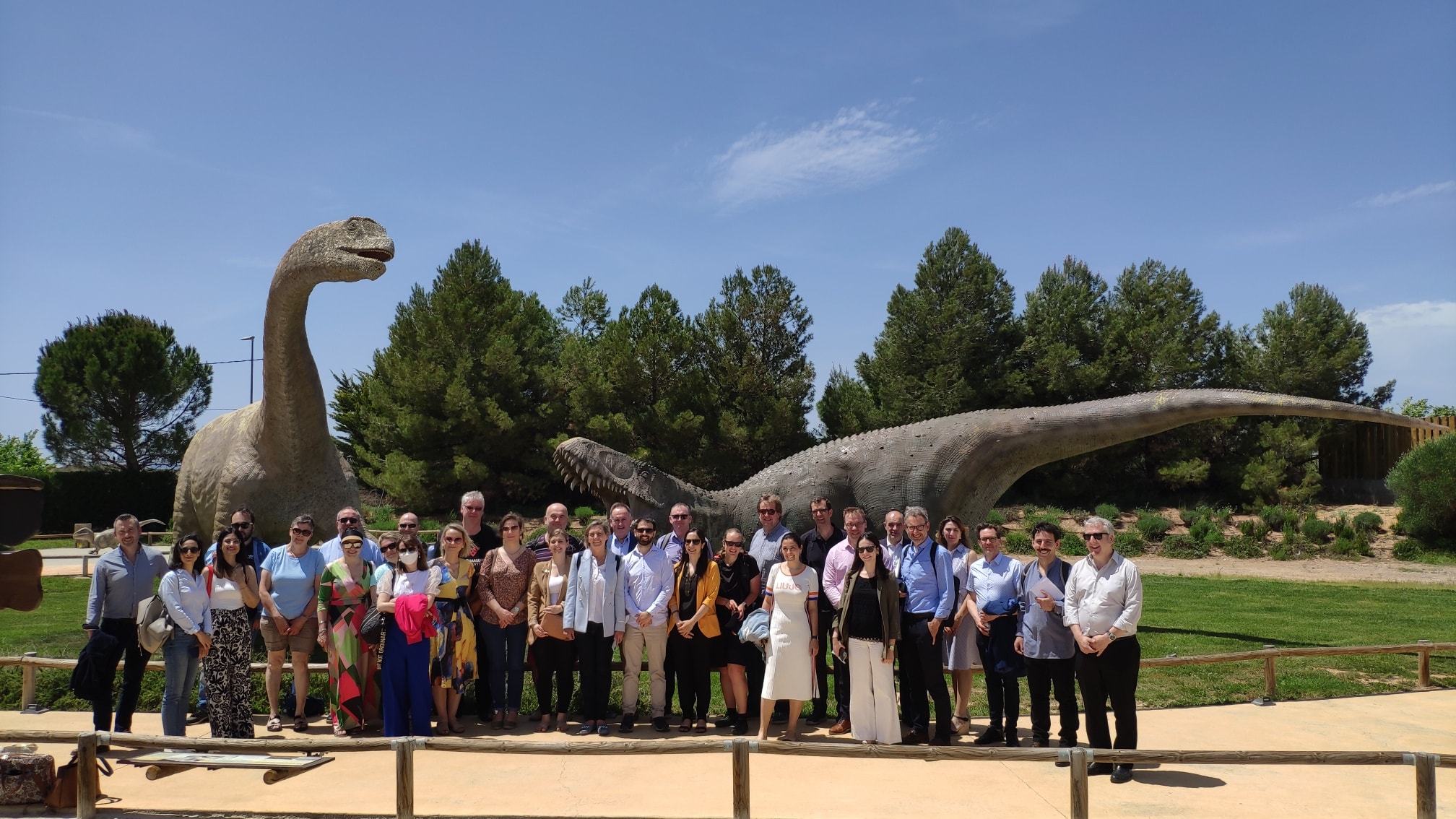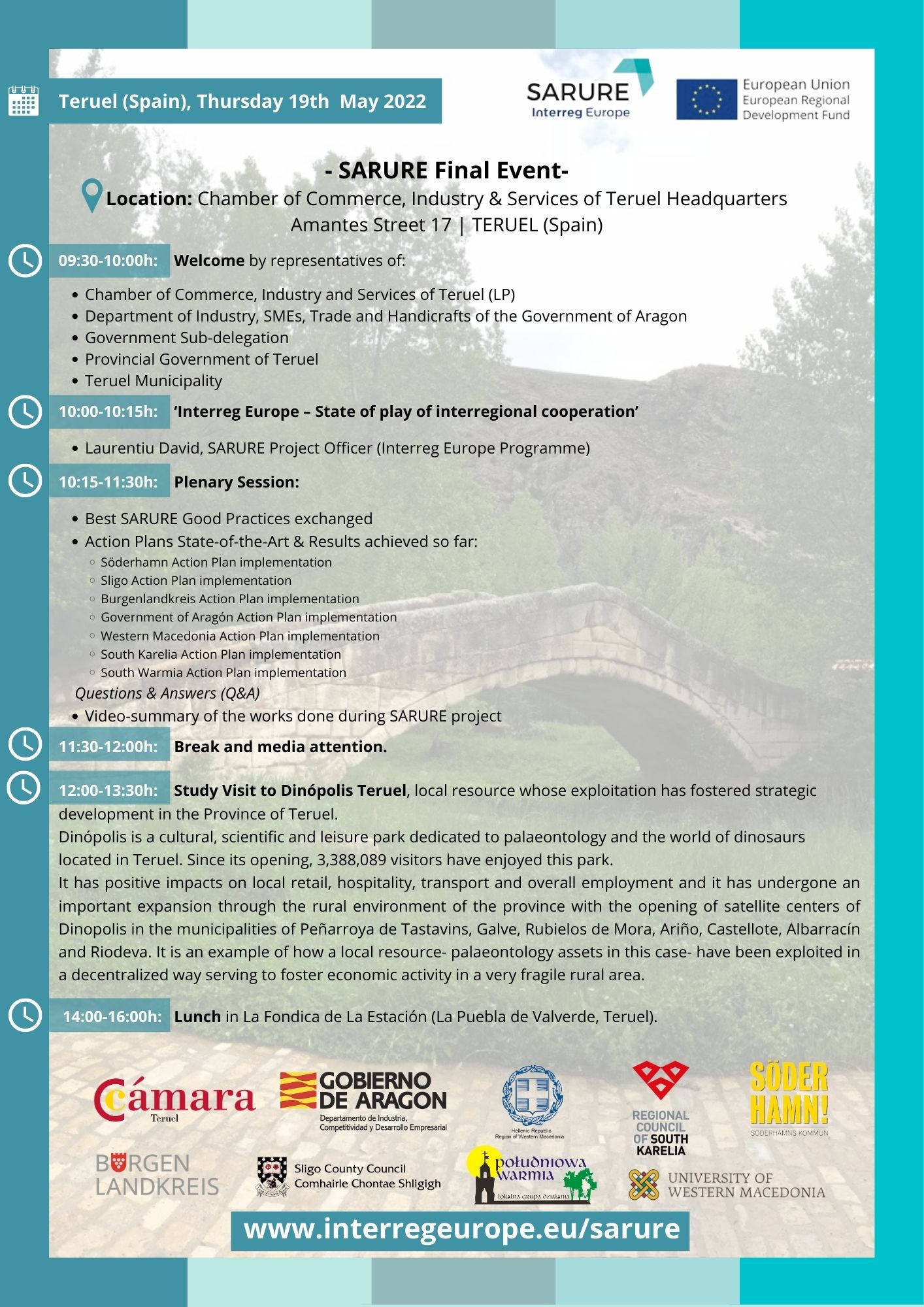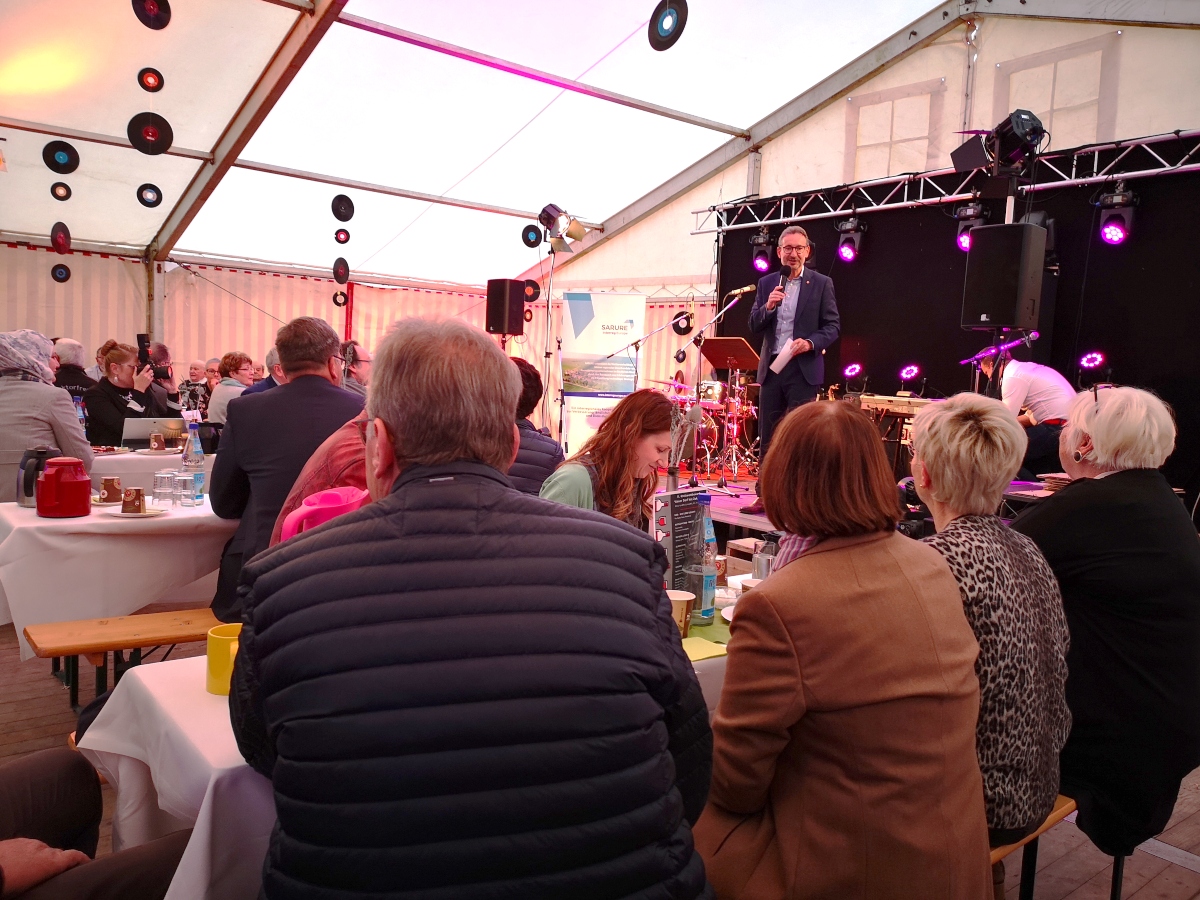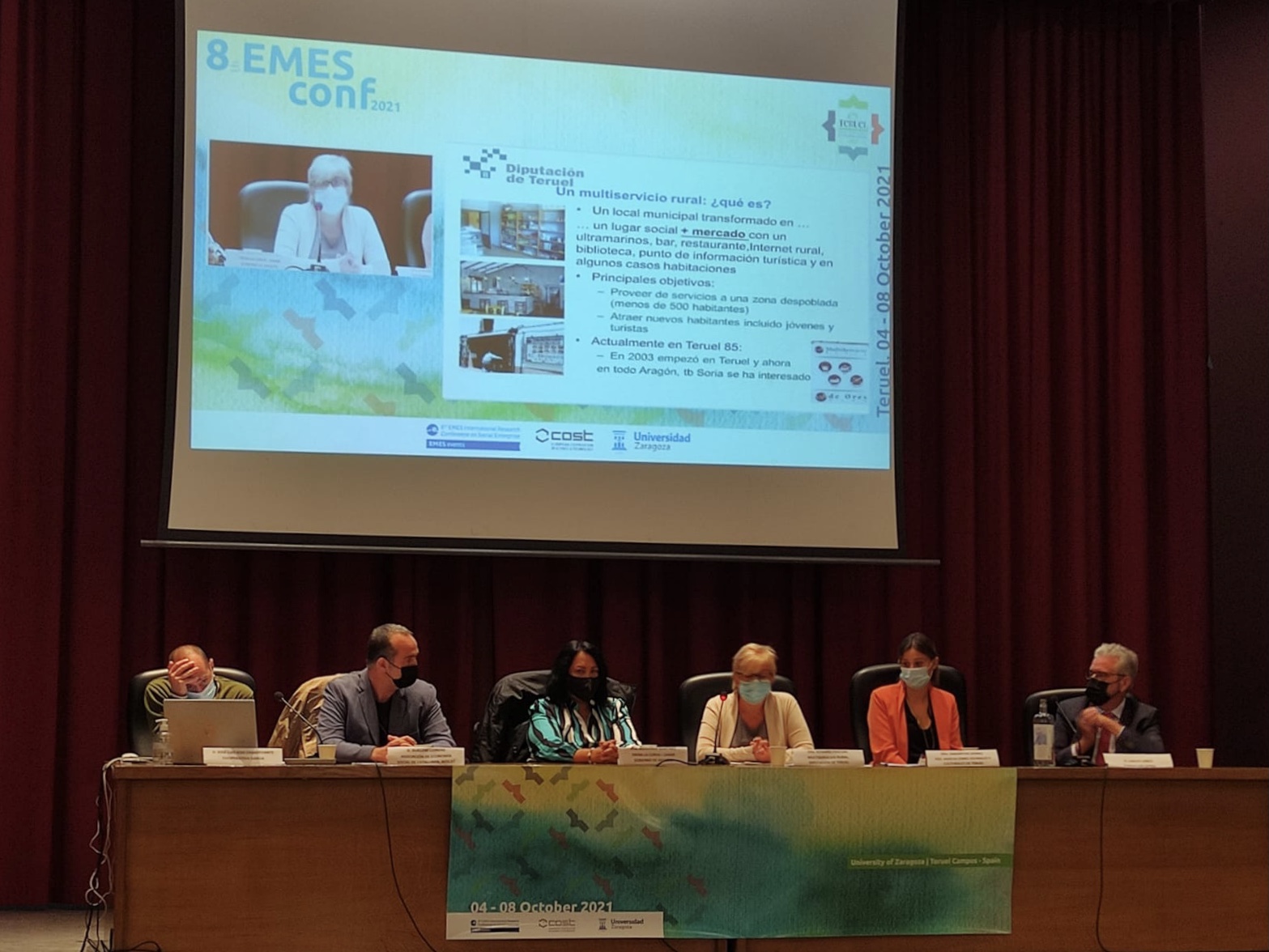Multiservice establishments, promoted by the Administrations to alleviate the progressive closure of trades in the depopulated rural environment, have become the 'saviors' of the neighbors in this time of confinement by the COVID-19 pandemic. As it is much more difficult to move now to the Regional headwaters to buy in big supermarkets the necessary food, the inhabitants look at these small shops that have been struggling for years to survive.
Multiservice managers have adapted to the circumstances and many of them have chosen to make home delivery. The measure prevents neighbors, especially older ones, from having to leave their home, thus helping to curb coronavirus contagions.
This is the case of Olba's multiservice, whose manager, Eva Pacheco, has had to hire a person because she was not 'used to' receiving 'so much clientele' in her store. 'Before, people were going to buy outside the village, but now they stay here and I have a much higher sales volume' she explains.
Eva Pacheco says that 'I wish the level of shoppers could be maintained once the pandemic passed', because she remembers that when she opened her multiservice ten years ago she was 'a great disappointment' to see that hardly people came into the store. 'Big areas grab eveerything', she laments.
 Sonia Lora, who runs the Rural MultiService of Cuevas Labradas (Province of Teruel, Spain), is one of the managers who brings home the products requested by the neighbors, about 80 of which are 70 of the elderly. She has established a network of contacts with all of them over the Internet and daily they communicate by WhatsApp the food they need. She regrets that, despite her efforts, the benefits are scarce and she barely gets 'to pay the share of freelancers'. However, she is 'very satisfied' with 'being able to be useful at this critical moment that we all live'.
Sonia Lora, who runs the Rural MultiService of Cuevas Labradas (Province of Teruel, Spain), is one of the managers who brings home the products requested by the neighbors, about 80 of which are 70 of the elderly. She has established a network of contacts with all of them over the Internet and daily they communicate by WhatsApp the food they need. She regrets that, despite her efforts, the benefits are scarce and she barely gets 'to pay the share of freelancers'. However, she is 'very satisfied' with 'being able to be useful at this critical moment that we all live'.
Nuria Ros, technician responsible of Rural MultiServices Area of the Chamber of Commerce, Industrie and Services of Teruel, stresses that these establishments have become 'esential' during confinement. 'Many managers tell us that they are finally being valued by the population' Ros explains. It is 'a gift' that the population of small towns can count on a regular supply of commodities these days. The Chamber of Commerce, one of the Institutions that supports the maintenance of rural multiservices, highlights the work of those who run these shops. 'They barely make money, but the service they give is very important', they say.




